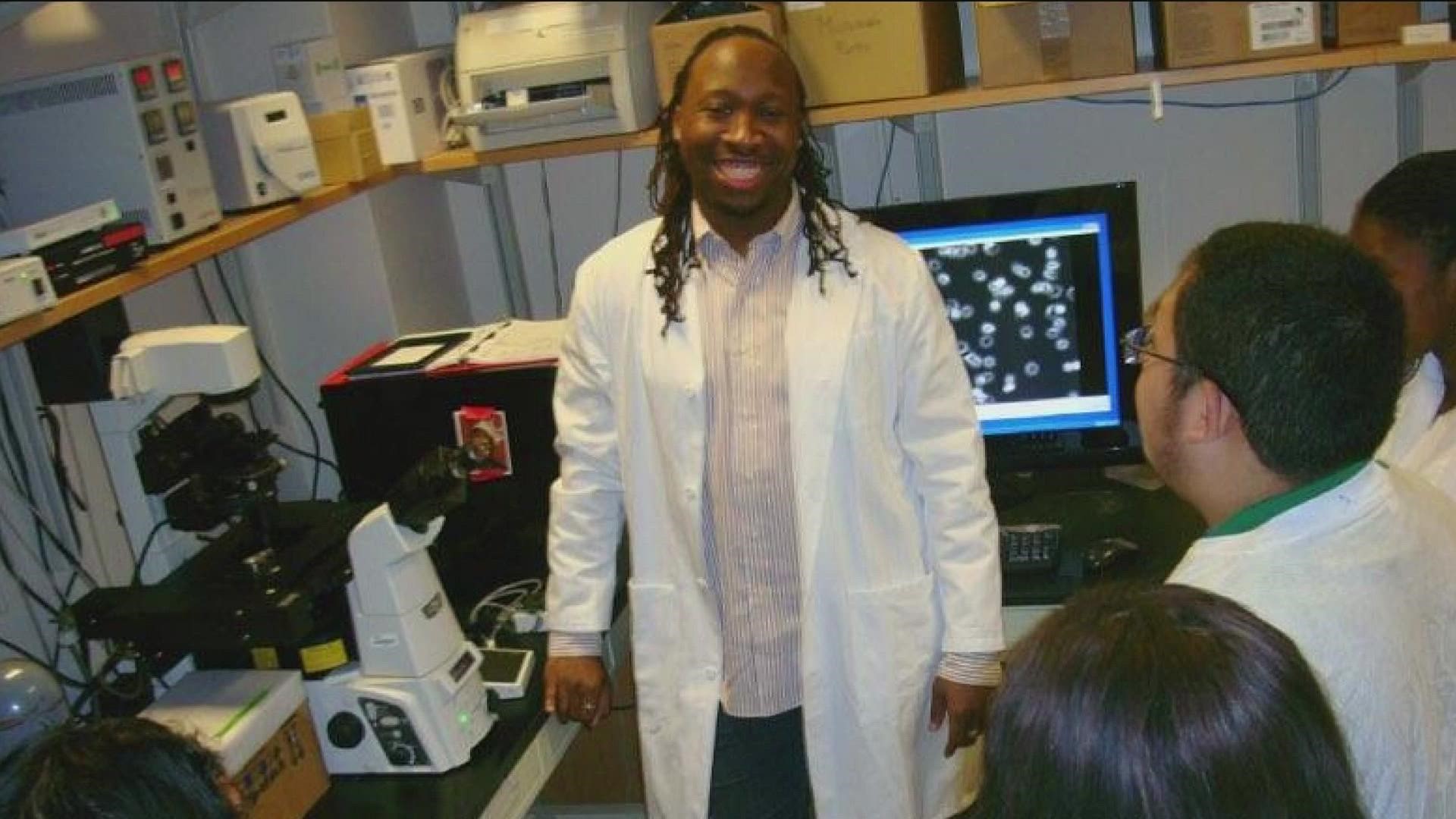ATLANTA — A sculpture called Continuing the Conversation sits in the middle of Harrison Square at Georgia Tech. It shows Rosa Parks at 42 years old, when she refused to give up her bus seat to a white passenger and another one shows the Civil Rights icon at 92 before she died. Those at the university said preserving stories like hers is crucial for future generations to know about Black history.
Now two Georgia Tech alumni said they're committed to creating more history and opportunities for Black individuals as well.
“You can’t be what you can’t see," Dr. Nashlie Sephus said.
Sephus hopes to help the Black community see they can be like her and work in the tech industry.
“That was my background at Georgia Tech as a Ph.D. (student). I studied artificial intelligence, machine learning, computer vision," Sephus said.
She's using those skills at Amazon and is giving back by creating two organizations committed to helping more Black scientists find their niche.
“I went back home to Jackson, Mississippi and started the Bean Path, which is a 501(c)3 non-profit where we do free tech help," Sephus said. "(We're) impacting over 1,000 people in the Mississippi area over the past three years.”
Sephus also co-created KITT Labs in Atlanta for scientists of color to collaborate.
“It stands for knowledge, information, technology, and tools," Sephus said. "The purpose of KITT is to bring together a community of Black and brown STEAM professionals so we can impact the community, expose people to technology, and help them understand their place in the tech ecosystem.”
Sephus is not alone in this endeavor.
“Georgia Tech graduates more Black and brown engineers than any other university in the United States," Dr. Manu Platt said.
Platt graduated from Georgia Tech and has taught in the School of Biomedical Engineering for 12 years.
“One out of 400 African Americans has sickle cell disease," Platt said. "They are in a lifetime of pain because the sickling blocks their blood vessels.”
Platt is working with the Sickle Cell Foundation of Georgia on research projects. One of them looks at reducing the inflammation and damage the disease causes to protect blood vessels and reduce the risk of strokes.
“Back in the day, I would study all these heroes that we would learn about during Black History Month, and maybe one day I’ll be one of those who are studied," Platt said.
He runs Project ENGAGES to encourage the next generation to find their passion for science.
“Next year is our 10th year where we bring Black students, now Black and Latino, from Atlanta Public Schools," Platt said. "Their students actually come and work in Georgia Tech research labs, and we pay them.”
Platt and Sephus aren't the only professionals carving out a space for Black individuals in science. Georgia Tech is profiling Black professors and alumni in Black History Month: Doing the Work who are making a difference in the community.

